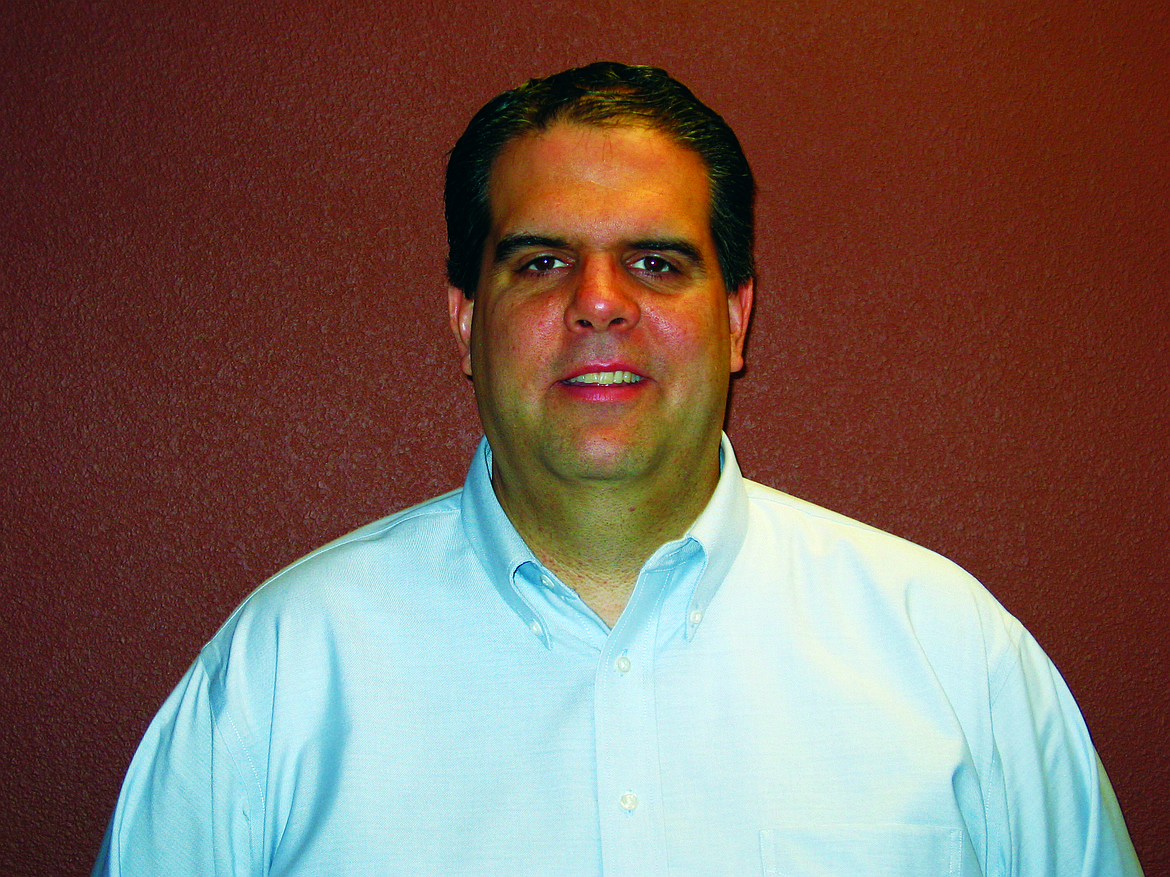ADVERTISING: Advertorial — If your gut is unhealthy, your brain may be also
The brain is the most nutrient-dependent, energy-dependent organ in the body, but it also the most vulnerable organ to toxins and stress. The gut and the brain are very tightly connected. The connection is so important between the brain and gut, if you damage one, there’s a good chance you damage the other.
A great example is when you receive a concussion. As we know, a concussion is a traumatic brain injury that affects your brain function. The damage to the brain also causes a residual effect on the nervous system, which in return has a negative effect on the digestive tract. Our digestive tract is lined with tight junctions. Their job is to prevent food particles and toxins from leaking into our bloodstream. But almost immediately after the injury, these junctions become more permeable, which allows larger particles to pass through that normally wouldn’t or more importantly, shouldn’t. When these particles pass through, this causes an inflammatory response that can actually penetrate the blood-brain barrier, leading to additional inflammation of the brain. This cycle keeps the blood-brain barrier open and fuels the inflammatory process, thus taking longer to heal, if at all.
Inflammation of the gastrointestinal tract is a common result of traumatic brain injury, and it can lead to a breakdown of the function of the gastrointestinal lining which can lead to a cycle of chronic inflammation. Then chronic inflammation can lead to autoimmune disorders.
Given the strong bond between the brain and the gut, it makes clinical sense to look closely at gut function in any patient who has suffered a significant head injury.
Traumatic brain injury can happen to anyone at any time. A slip on ice, car accident, an impact sustained during a contact sport, almost any accident can result in a TBI.
A TBI should never be ignored, TBIs are extremely serious, multifaceted injury, with far reaching ramifications that go far beyond the brain.
Shortly after a TBI, if not immediately, people experience a multitude of symptoms, headaches, mood swings and vomiting to name a few. But, symptoms may emerge months after the initial injury, like musculoskeletal issues, immune problems and gastrointestinal problems.
If intestinal permeability goes untreated, the concussion symptoms could become worse, due to the additional inflammation. There’s a chance that the gut permeability may not resolve on its own, which would contribute to making the concussion symptoms linger on for weeks instead of days. Ongoing brain inflammation may play a role in those patients who develop post-concussion syndrome.
Healing the gut is only half of the problem. We need to address the inflammation on the brain also. Low-level laser therapy (LLLT) is a valuable tool for improving neurological function. In concussion patients, it has been shown to help reduce inflammation, modulate oxidative stress and nitric oxide production, and down-regulate pro-inflammatory microglial cytokine expression.
LLLT is also valuable for reducing inflammation of the vagus nerve. The longest of the cranial nerves, the vagus is often called the great wanderer for the way it wanders through the visceral organs. A major function of the vagus nerve is preventing inflammation. In the gut, the vagus nerve endings sense the chemical signals of inflammation, such as cytokines and tumor necrosis factor, and send messages to the brain telling it to release anti-inflammatory neurotransmitters via the cholinergic anti-inflammatory pathway. When the brain-gut axis is disrupted, the vagus nerve is affected and the messages back and forth are garbled or don’t get through at all. Decreased vagal nerve activity has some serious effects on the gut. Hydrochloric acid and pancreatic enzyme secretion is reduced, as is bile secretion. The parietal cells in the stomach, which are responsible for producing intrinsic factors, don’t work as well, leading to reduced absorption of B vitamins.
We know that post-injury vagal nerve stimulation (VNS) after a concussion can help prevent the breakdown of epithelial cells in the gut and keep the tight junctions from opening. This only works when administered within 90 minutes of the injury, however. Later on, stimulation of the vagus nerve with LLLT using 405 nm violet light can help to restore communications and reduce inflammation.
In other words, when the gut is on fire, so is the brain.
• • •
Dr. Wayne M. Fichter Jr., D.C., is a chiropractor at Natural Spine Solutions. The business is located at 3913 Schreiber Way in Coeur d’Alene. For more information, please contact us at 208-966-4425.

